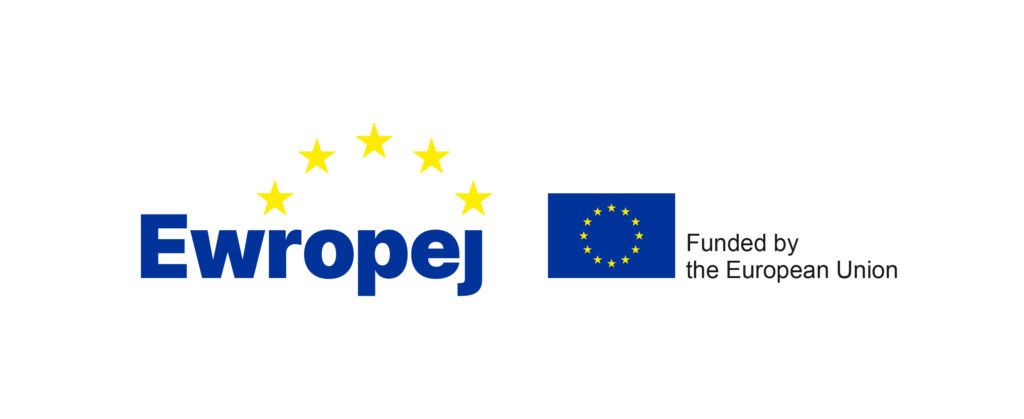You’ll Soon Have To Consent To See Political Ads Online… If This Maltese MEP’s Report Makes It Through

Drastic changes are in the pipeline which could impact the way you see online political ads on Facebook, and a Maltese MEP’s report has a huge part to play in this.
A report on the Digital Services Act spearheaded by Alex Agius Saliba, which the European Parliament approved last October, said tech companies should introduce an opt-in option for political advertising and ads, as well as for the use of behavioural data for advertising purposes.
“[We should] clearly distinguish between commercial and political online advertisement and ensure transparency of the criteria for the profiling targeted groups and the optimisation of advertising campaigns; enable consumers with a by default option not to be tracked or micro-targeted and to opt-in for the use of behavioural data for advertising purposes, as well as an opt-in option for political advertising and ads,” the report reads.
This means you won’t see any political ads on Facebook, Instagram, YouTube or other platforms unless you click a button saying you want to see them.
“The opt-in permission of online advertising aims to ensure that people have more effective control over their private data,” Agius Saliba told Lovin Malta. “Online advertising is data-driven and as more digital content becomes mainstream, protecting personal data becomes vital.”
“The opt-in permission requires users and consumers to affirmatively give their consent to receive online advertising or to share their data with other companies.”

Labour MEP Alex Agius Saliba
“Consumers know very little about the extent and types of data that tech companies gather on them, and that is why it is crucial to provide them with the right tools and safeguards. Based on this, I have also become a Member of the Tracking-Free Ads Coalition aimed at stopping unethical methods of advertising using the information to track users on the internet and invade their privacy.”
With its capability to micro-target audiences, online advertising has become a potent political campaign tool in recent years.
Politicians can now ensure their messages reach the audiences they want them to reach, such as youths, elderly people or citizens with particular interests.
In terms of efficiency and expenditure, its benefits are obvious.
However, the same tools also allow politicians to pay Big Tech companies to spread disinformation and lies among voters, something which has sparked global calls for regulation of online platforms.
So far, Big Tech companies have responded to this threat in different ways. For example, Twitter and TikTok have banned political ads outright, Google has made it against company policy for all advertisers (including politicians) from making false claims, while Facebook has allowed US voters to turn off political ads.

The Digital Services Act, along with the Digital Markets Act, represents the EU’s attempt to regulate Big Tech.
Obliging technology companies to make their users expressly consent before viewing political ads could drastically reduce the online audience of politicians and will likely make them resort to other means to get their message across.
These EU proposals also call for a revamp of the bloc’s antitrust rules, to give regulators the power to intervene in the market before a specific company can become too dominant.
It also calls for potentially hefty fines for social media companies who don’t stop hate speech and illegal products from circulating widely on their digital networks.
Final rules are expected to come into force by 2023 at the earliest.
After Twitter banned former US President Donald Trump from its platform, EU Commissioner for the Internal Market Thierry Breton said these Acts have become more even more important.
“The fact that a CEO can pull the plug on POTUS’s loudspeaker without any checks and balances is perplexing. It is not only confirmation of the power of these platforms, but it also displays deep weaknesses in the way our society is organized in the digital space.”
What do you make of this proposal?
 This article is part of a content series called Ewropej. This is a multi-newsroom initiative part-funded by the European Parliament to bring the work of the EP closer to the citizens of Malta and keep them informed about matters that affect their daily lives. This article reflects only the author’s view. The European Parliament is not responsible for any use that may be made of the information it contains.
This article is part of a content series called Ewropej. This is a multi-newsroom initiative part-funded by the European Parliament to bring the work of the EP closer to the citizens of Malta and keep them informed about matters that affect their daily lives. This article reflects only the author’s view. The European Parliament is not responsible for any use that may be made of the information it contains.